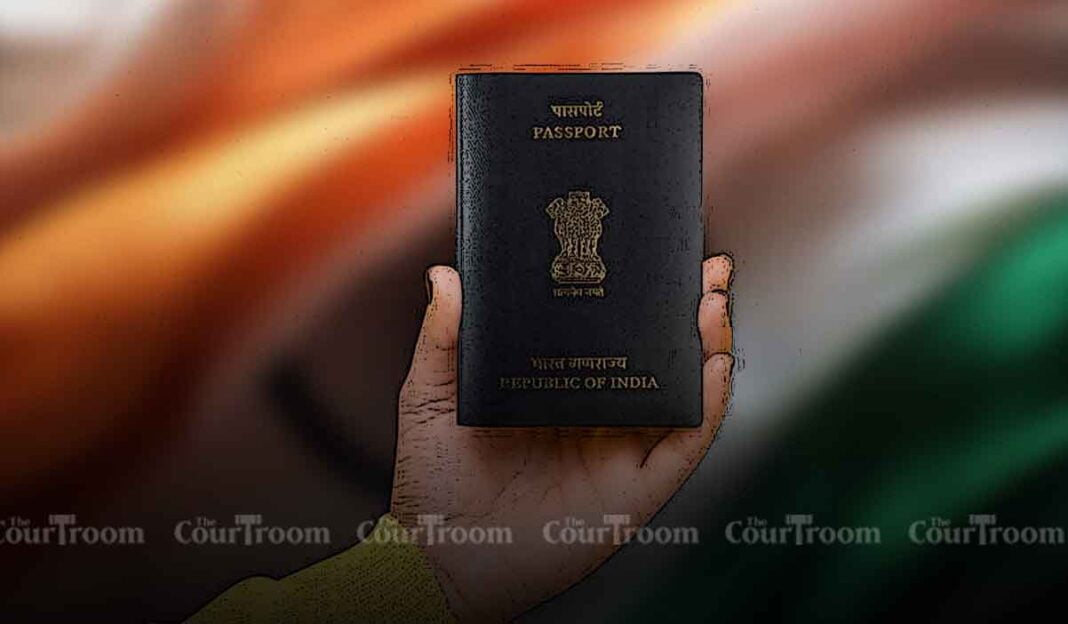Allahabad High Court: Prior Court Permission Not Required for Passport Issuance Despite Pending Criminal Cases
The Allahabad High Court has ruled that individuals with pending criminal cases do not need prior court permission for passport issuance [Umapati v. Union of India].
A Bench of Justices Alok Mathur and Arun Kumar Singh Deshwal stated that the competent authority must make a decision under Section 5 of the Passports Act upon receiving an application for passport issuance. The court clarified:
“If he is of the opinion that it is a fit case for grant of a passport, he may pass an appropriate order for issuance of the passport and in case he feels that conditions exist for refusal for grant of the passport he may pass an appropriate order considering grounds of Section 6 of the Indian Passport Act.”
The Court emphasized that no provision in the Act requires individuals with pending criminal cases to seek prior court permission for passport issuance.
“This Court is of the considered view that no prior permission from the competent court is required where the criminal cases are pending for issue of passport under the Indian Passport Act and no such provision has been envisaged in the said Act,” the Bench remarked.
The ruling came in response to a petition by Umapati, whose passport application was stalled due to two pending criminal cases. The passport authority had refused to make a decision, prompting Umapati to seek judicial intervention.
Deputy Solicitor General SB Pandey, representing the passport authority, argued that the petitioner should seek permission from the court where the criminal cases were pending. However, the Court clarified that such permission is only necessary if the petitioner plans to travel abroad.
Rejecting the Central government’s objection, the Court stated:
“Once an application is made for grant of a passport then the authority has to take a decision in terms of statutory provisions under the Indian Passport Act and accordingly a case for interference is made out.”
The Court directed the passport authority to consider and decide on Umapati’s application in accordance with the law.
Advocate Deepak Kumar represented the petitioner, while Deputy Solicitor General SB Pandey appeared for the Centre.
Share your news, articles, deals, columns, or press releases with us! Click the link to submit and join our platform today.


